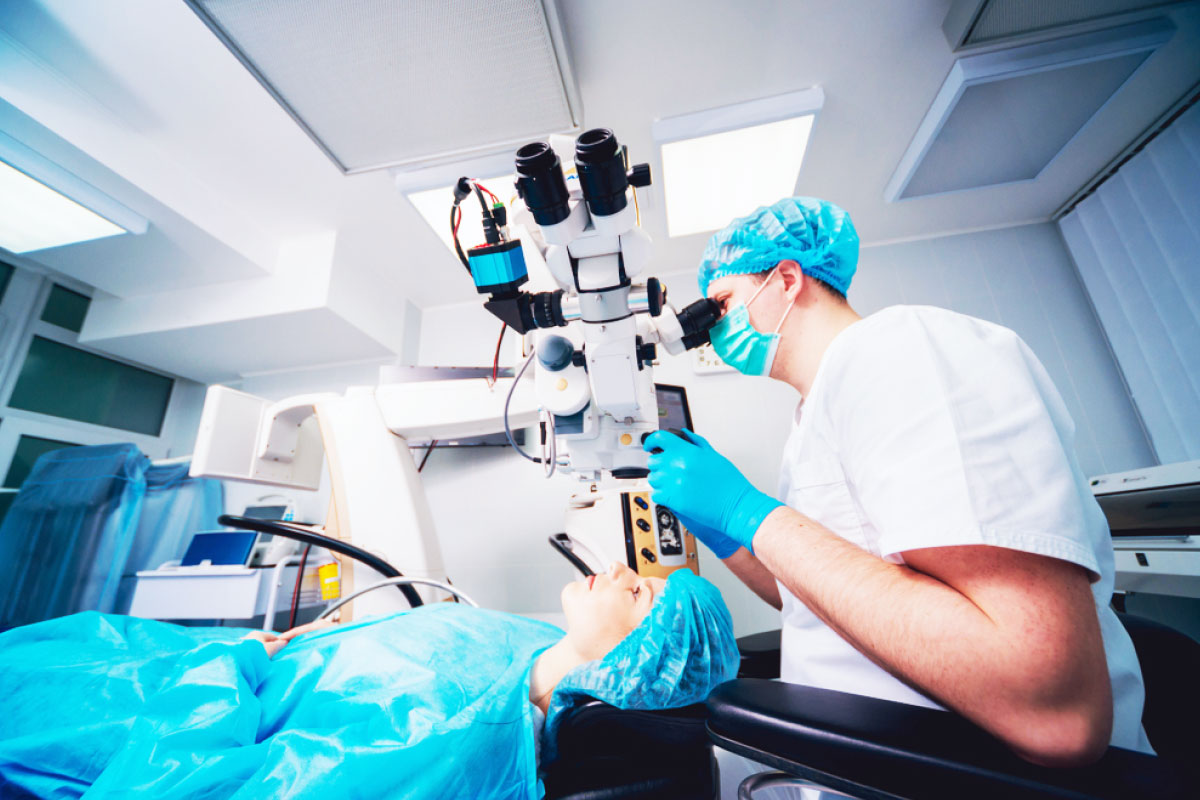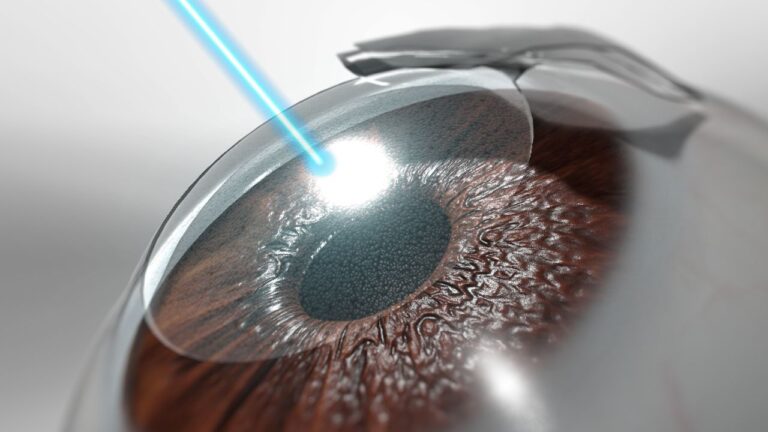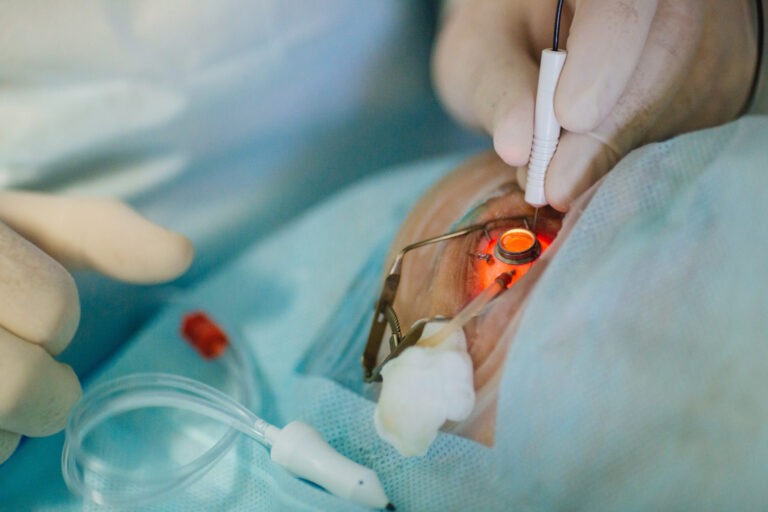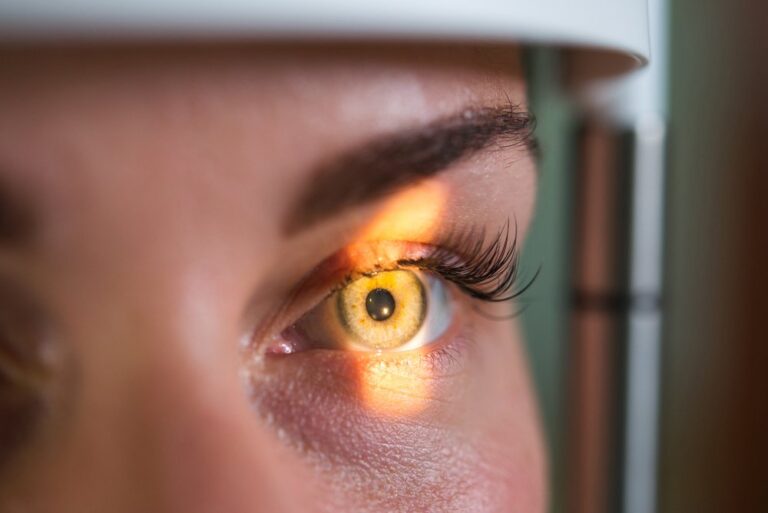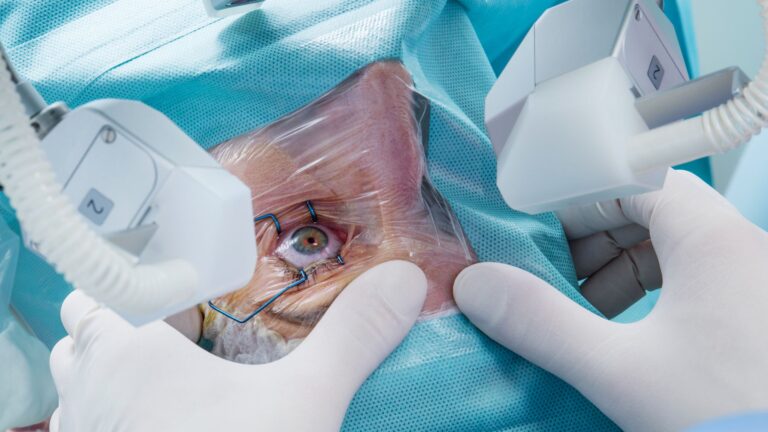These tips will help you recover fast from your cataract eye surgery
In the days and weeks after cataract eye surgery, it is recommended that you:
- Use prescription eye drops as advised by your ophthalmologist.
- Follow all of personalEyes ophthalmologist’s and/or eye surgeon’s recommendations.
- Take a two- to three-day break and relax.
- Wear your eye protection every night for at least one week.
- Wear sunglasses when bathing, especially if you’re washing your hair.
- Perform low-impact activities such as using a computer, reading, or watching TV.
- During recuperation, avoid swimming for four to eight weeks.
- Get to learn more about stages involved in cataract surgery recovery.
It’s critical to stay away from the following:
- Rubbing the inside of your eye.
- Getting foreign objects in your eye, such as shampoo.
- Participating in strenuous workouts like jogging or yoga.
- Driving before getting your eye doctor’s approval.
- Flying without your doctor’s permission and knowledge.
Depending on the nature of your job, you should be able to return to work within a few days or weeks after treatment.
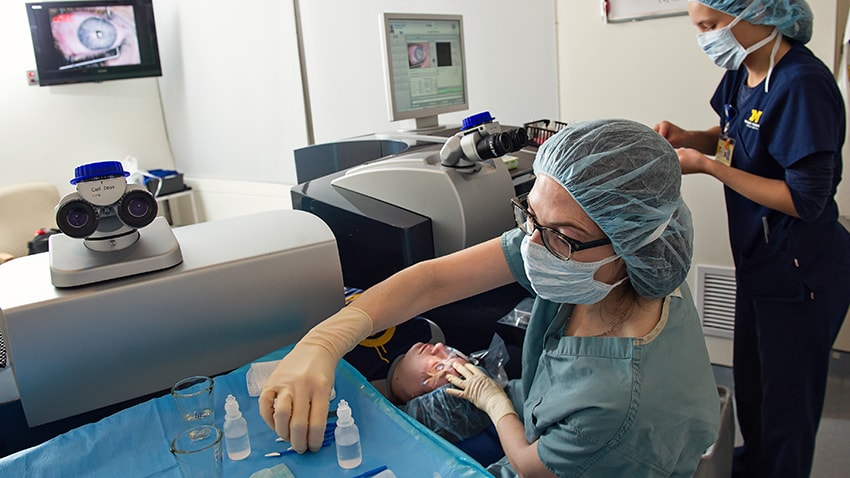
Vision Recuperation Is Quite Likely Following Cataract Eye Surgery
It’s vital to follow your eye doctor’s at-home care instructions after surgery. Keep all of your follow-up visits to ensure that your eye recovers properly. Notify your doctor right away if you experience visual problems, persistent or worsening discomfort or pain, swelling or redness, or loss of vision.
Since it has been conducted for decades, cataract eye surgery has a high success rate and a low number of complications. Because the majority of your recovery time will be spent at home after cataract eye surgery, it is vital to learn how to properly care for yourself, as your ophthalmologist will explain.
The abrupt clouding of your eyesight due to cataracts is the worst thing that can happen to your vision. If you’ve just been diagnosed with cataracts and want a safe and effective way to remove them, Personal Eyes cataract eye surgery is the way to go. Your vision is largely recovered once your cataracts are removed and replaced with an artificial lens, and you may resume regular activities. It is crucial that you follow the recovery guidelines listed below since it is one of the most important steps in ensuring that you receive the results you deserve after cataract eye surgery.
Don’t get behind the wheel.
You may assume that after your cataracts are removed and a prosthetic lens is installed in your eye, everything will be OK. However, your vision will be hazy since your eyes are still mending following surgery. This implies that, although you may be tempted to drive yourself home after surgery, you should wait at least a day or two before doing so.
Use a cover to keep it safe.
Additionally, bandages protecting your eyes will be sent home with you. While you may wish to remove the bandages for aesthetic reasons, you must keep them on for at least 24 hours following cataract surgery to protect your eyes from dirt and dust. If dirt or dust comes into contact with your eyes, it may cause irritation and inflammation.
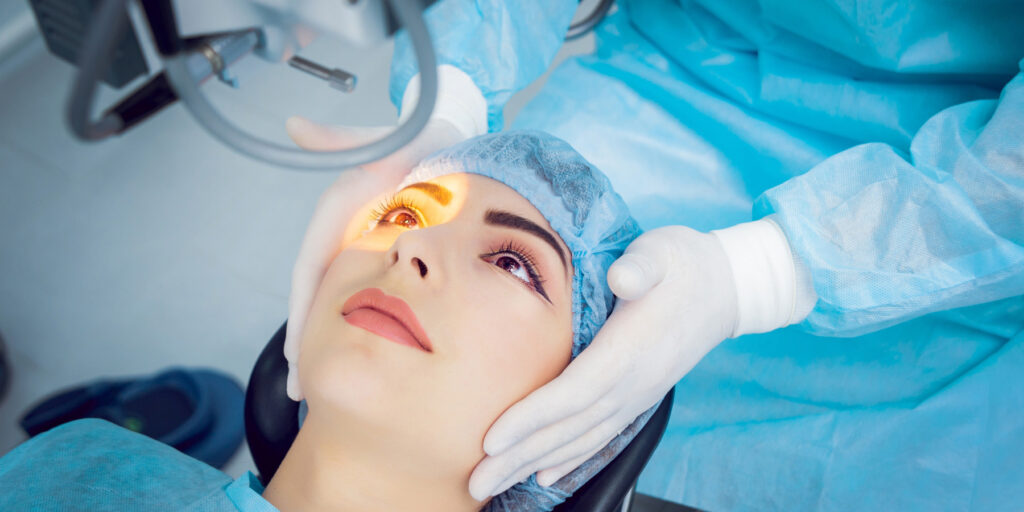
Stay away from squatting
Check with a friend, family member, or neighbor to see if they can help you with little domestic activities like picking up objects off the floor while you’re recovering from cataract surgery. Bending over is one of the most important things to avoid during recovery because it puts an undue amount of pressure on the eye socket. If you need to get something and no one is available, remember that it can wait.
Organize a meeting.
Cataract surgery may be able to help you regain your vision and see the world through new eyes. Follow the guidelines outlined above to ensure a good recovery from this treatment.
Immediately after cataract surgery
You will be given eye drops or another prescription before leaving the day surgery clinic to help prevent infection, reduce inflammation, and control eye pressure. You’ll need the help of a family member or a friend to go back home. It is recommended that you rest your eyes and sleep when you arrive home. Many hours after surgery, most people are able to watch television or look at a computer screen for a short period of time. Because cataract surgery is performed on one eye at a time, you may experience a visual imbalance until the second eye is worked on (usually 1–4 weeks later).
After cataract surgery, a few days afterwards
It’s normal for your eyesight to be blurry at first while your eye recovers and adapts. Following surgery, eyesight usually improves within a few days. Additionally, it is usual for your eye to be itchy and in discomfort for many days; your doctor may advise you to wear an eye patch or protective shield at night to avoid scratching your eye while sleeping. This stiffness should go away within a few days.
After cataract surgery, it’s been a few weeks.
While each person’s experience is different, the weeks after cataract surgery are frequently marked by a progressive recovery of the eye. Many months following surgery, vision changes will occur.
Suggestions for the time after cataract surgery
Although most patients are able to resume regular activities within 24 hours after cataract surgery, you will be given certain guidelines to follow. The following are some of them:
- Do not engage in strenuous exercise for many weeks.
- Stay away from vigorous exercise and heavy lifting. The length of time you must wait before driving again after cataract surgery varies based on a number of factors; your doctor will let you know when it is safe to resume driving.
- Follow your doctor’s directions while using antibiotic and anti-inflammatory eye drops. These are necessary for avoiding infection and inflammation, as well as aiding proper healing. Enlist the help of a friend or family member if you’re having trouble administering them.
- Stay away from dusty areas. Because your eyes will be vulnerable to airborne irritants such as dust, it’s a good idea to vacuum and clean your house before surgery.
- Try not to rub your eyes. Rubbing your eyes is a certain way to make yourself sick. Even if you are not in the recuperation period following surgery, it is never a good idea.
- Don’t go swimming. Swimming and hot tubs should be avoided for a week after surgery.
- Don’t wear any makeup. Consult your doctor about when you may resume this exercise.
After cataract surgery, keep an eye out for the following signs and symptoms.
If you have any of the following symptoms, please see your ophthalmologist right away:
- Persistent pain despite the use of over-the-counter pain medications
- Flashes of light or many spots (floaters) in front of your eye
This information is not intended to be a substitute for professional medical advice. If you or someone you love is having cataract surgery, talk to your ophthalmologist about the best ways to recuperate.

